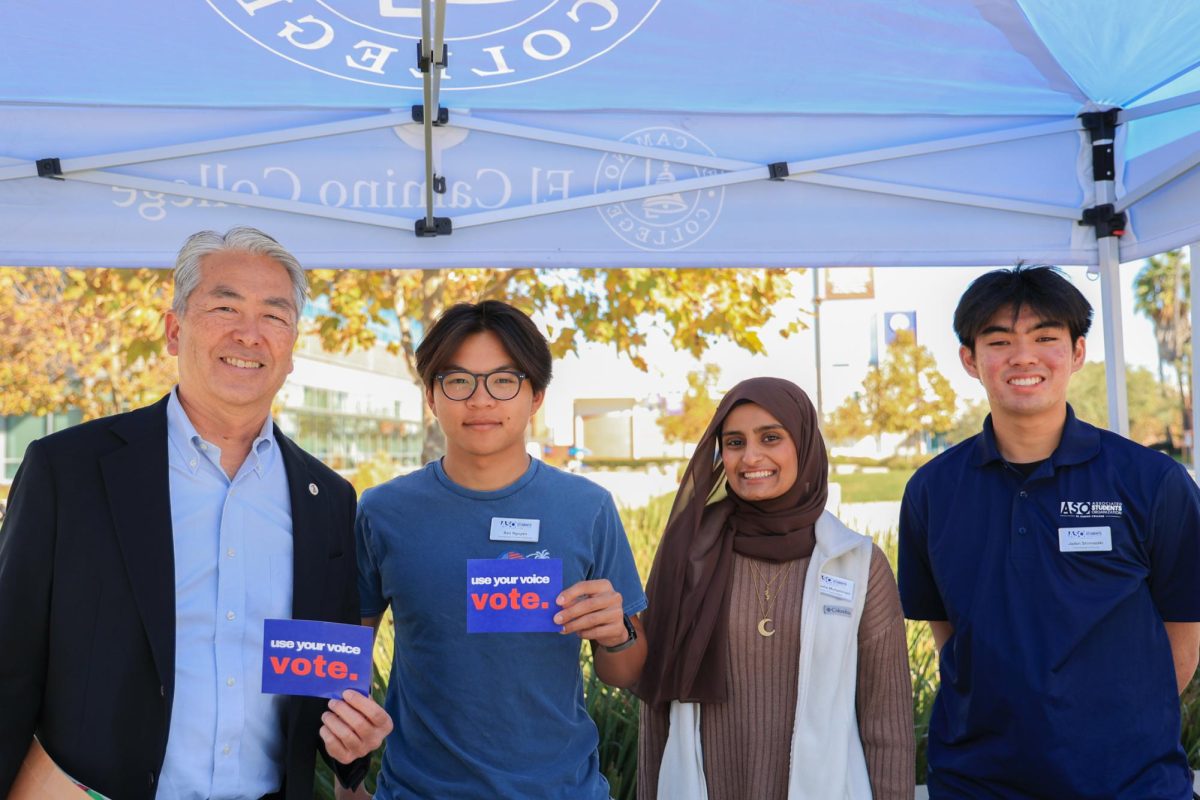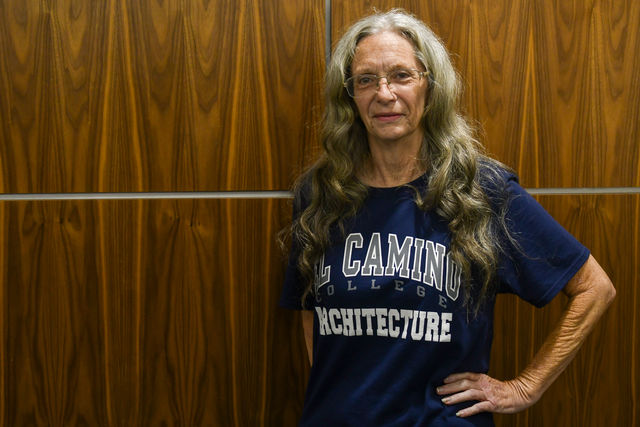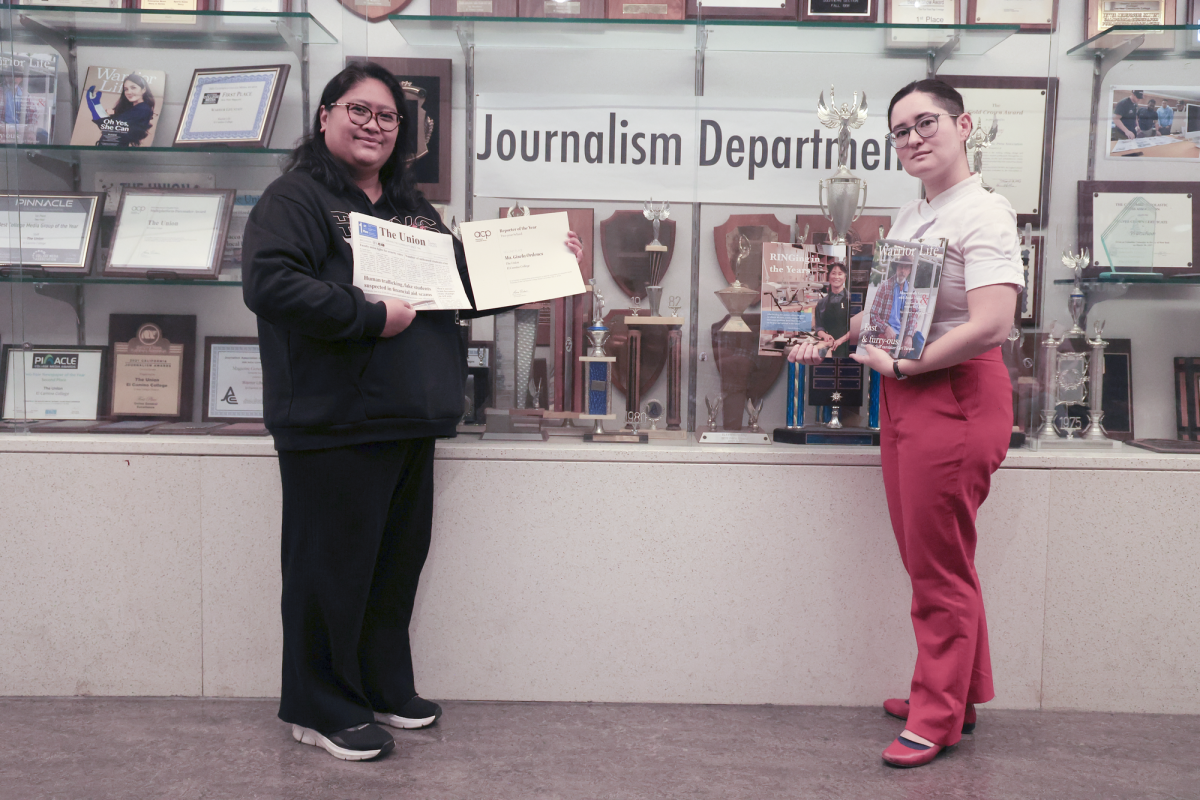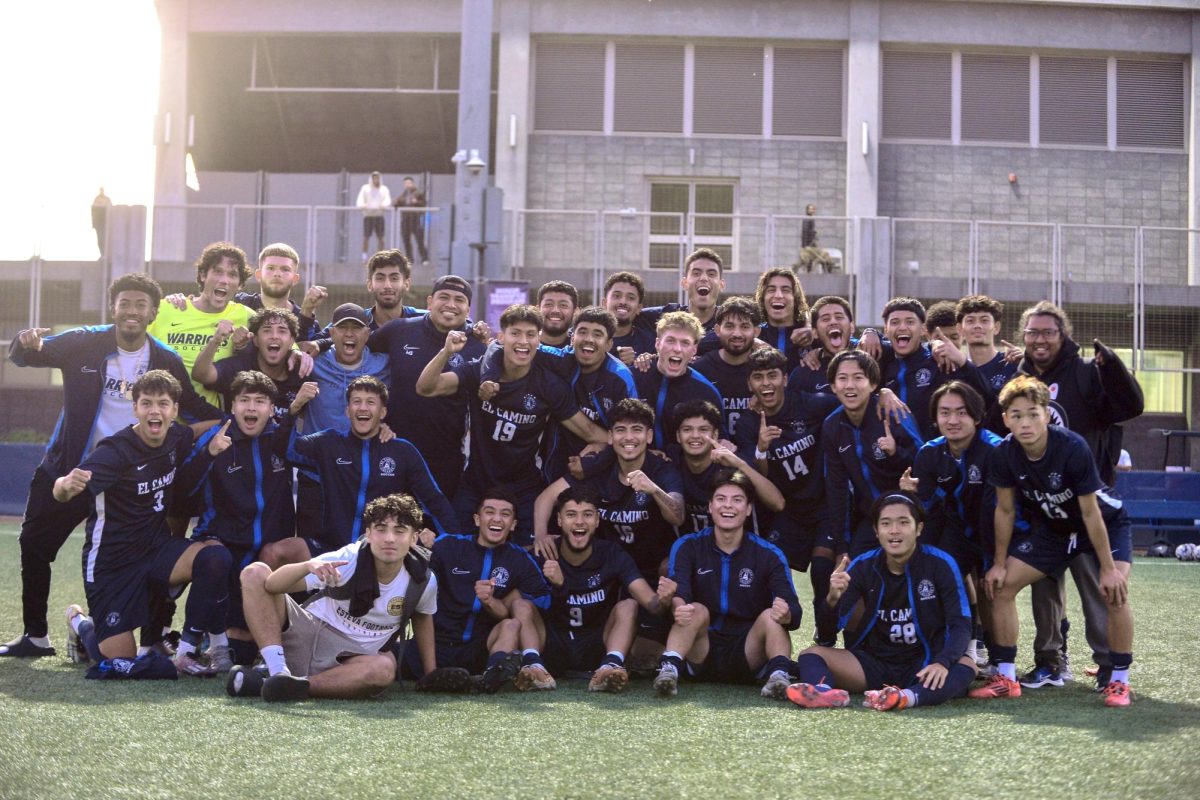With text messages being fired off to family members as quickly as their outboxes allow and an endless frenzy to frantically contact their loved ones back home, Japanese students struggled to reach their homeland after the disasterous earthquake that hit Japan last Friday.
The news broke throughout the day to students in seeming disbelief.
“I found out by getting a phone call from a friend that I met here on campus, he told me about the earthquake and then I immediately went onto Yahoo Japan online,” Yuko Nagatsuka, journalism major, said.
Nagatsuka, who has family back in Japan, has been lucky enough to be in touch with her loved ones over the past few days. She said that the earthquake was bound to happen after experiencing much smaller ones in Japan before moving.
“I spoke with my father over the phone, but he is chief of police over in Japan so he was busy, but he told me that my mother and sister are all doing well,” Nagatsuka said.
The earthquake has taken the lives of over 4,000 people, caused 11,000 to go missing, and displaced about half a million more from their homes, according to a Wednesday article by telegraph.co.uk.
Other numbers provided in the article include 1.5 million people without access to water, over 6,000 buildings completely destroyed, and 5 million homes left without power, causing complications for those trying to contact their loved ones.
Like Nagatsuka, other students have reached out to loved ones in Japan.
“To see all the destruction on the television, I was scared for the people I know over there,” Susan Shieng, psychology major, said, “but they were lucky to not have been so close to where it was all happening.”
Yukino Noro, 23, business major, spent all day Friday trying to locate her family who lives in Misawa, a city located in the northeast region of Japan.
“It’s a small city so there isn’t a lot of information on the news,” she said. “I know the earthquake wasn’t that bad but then the tsunami came, I’m just worried about that. It should be OK but every city is blacked out, so there’s no way I can contact my family.”
After three days of uncertainty, Sayo Guillaume, 19, art and Japanese major, has only been able to contact five members out of a family of more than 30 individuals.
“Some of them were in Sendai, where the tsunami actually hit and some of them were in Fukushima, where the nuclear power plant is,” Guillame said.
Sue Oda-Omori, Transfer Center coordinator and faculty advisor of the Japanese club, has also been trying to locate her relatives in Tokyo.
“They say that the best way to get in contact with people is by text messaging or e-mail,” Oda-Omori said. “Then again all my relatives are a little older so I’m not even sure if they have e-mail addresses.”
Jeanie Nishime, vice president of student and community advancement, has announced some accommodations that would be provided in the wake of Japan’s recent tragedy.
“The International Student Program (ISP) has attempted to reach each student to offer assistance and support,” Nishime said.
“In the event that any student must return home to assist family members in coping with the situation, we want to accommodate the absence with as much flexibility as possible,” she said.
Student clubs such as the Japanese club as well as the Associated Students Organization are also planning to show their support for victims by raising funds for the Red Cross.
Ashley Arikawa, president of the Japanese club, said the club plans on selling T-shirts to raise money and is also looking into collaborating with other clubs to raise awareness for their cause.
“I’ll be making an announcement at the ICC meeting on Wednesday, in case any clubs want to join,” she said. “Hopefully we will have donations very soon.”
“I’ve reached out to ASO and we are trying to come up with an outlet so students can contribute to help support Japan,” Nishime said.
ASO president, Jessica Lopez said due to the suddenness of the incident the group has yet to develop anything; however they are promoting direct donations to the Red Cross at this time.
To donate, interested persons can text “red cross” to 90999. Donations can also be made directly to the Japanese club by contacting club president Ashley Arikawa at [email protected]. For more information on donations to the Red Cross, visit www.redcross.org.








